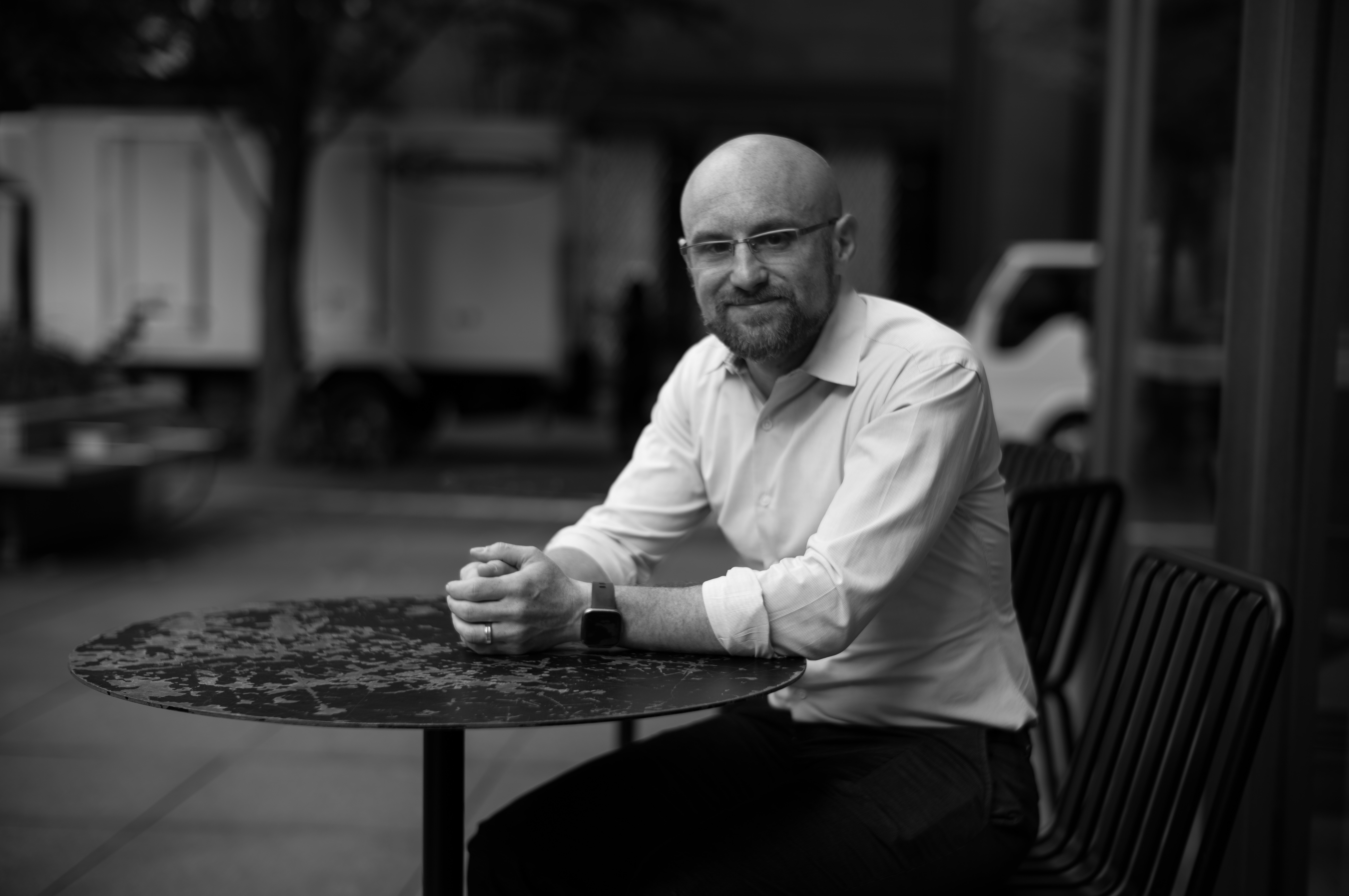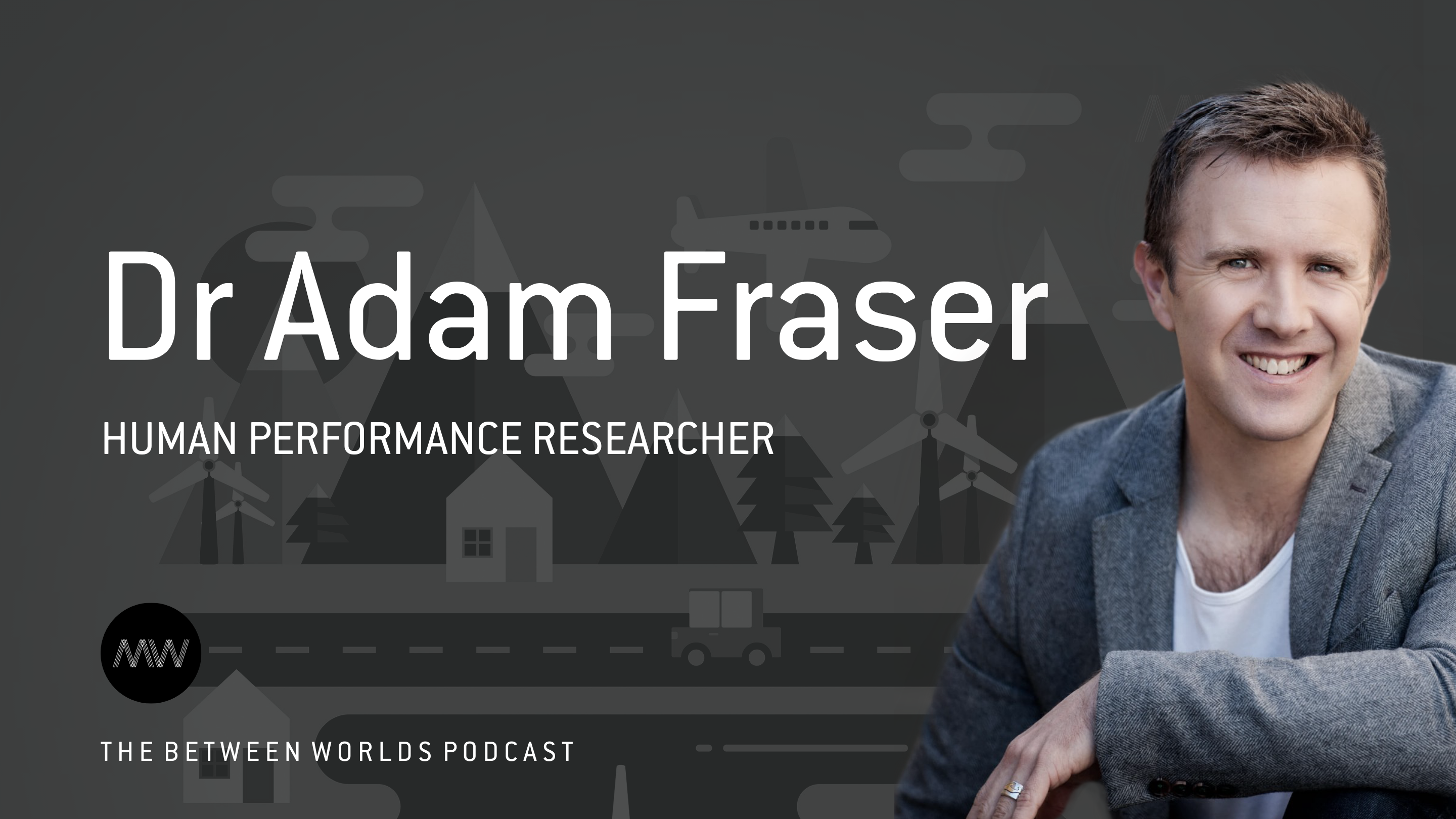
How will AI change jobs? There are a lot of theories, and as of yet, scant conclusive evidence. However, if you did have to pick a 'canary in a coal mine' to understand the impact of generative AI on the future of work, one place to start would be the global freelance workforce. To understand how machine intelligence might be influencing how freelancers get things done, I spoke with Matt Barrie, CEO of Freelancer.com, one of the world's leading online job marketplaces.
In Matt’s view, AI tools like ChatGPT and Midjourney allow freelancers to perform at a more elite level. Specifically, rather than substituting talent, AI is driving the workers on his platform to move "up the stack" and develop higher-level skills to remain relevant.
While many current use cases for generative AI focus on incremental changes to worker productivity, we discussed the more disruptive potential of AI agents that can act autonomously on behalf of humans. This could have profound implications for organizations and society, as AI increasingly mediates our interactions and decisions.
5 Key Insights:
1. AI tools are enabling workers to perform at elite levels across various fields, necessitating a shift in how organizations structure their workforce.
2. The democratization of technology through AI is likely to spark a new wave of entrepreneurship and innovation.
3. Access to contemporary datasets is becoming crucial for maintaining a competitive edge in AI development.
4. Organizations need to prepare for a future where AI agents may handle many interactions and tasks autonomously.
5. There are significant security and privacy concerns associated with AI technologies that can create detailed digital representations of individuals.



